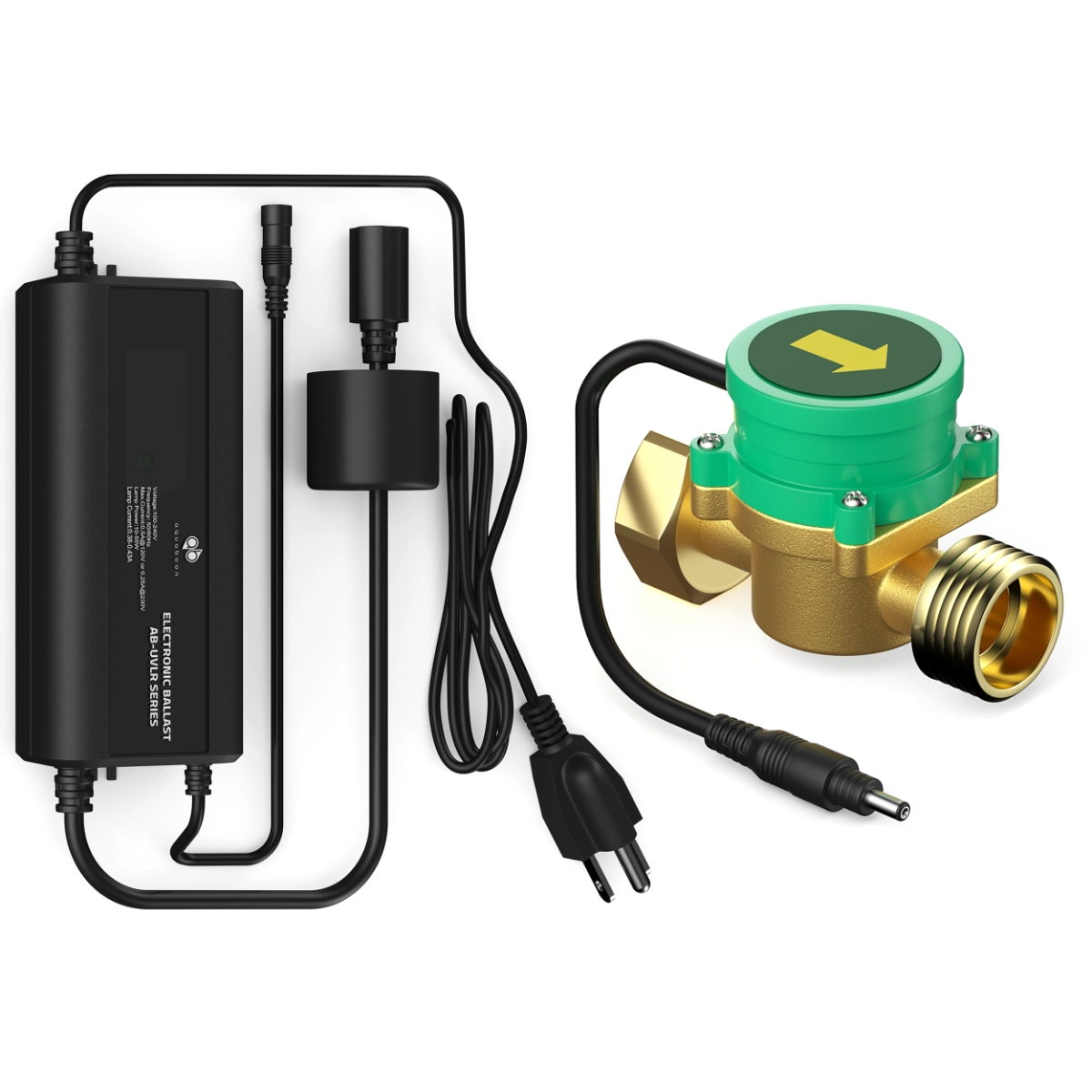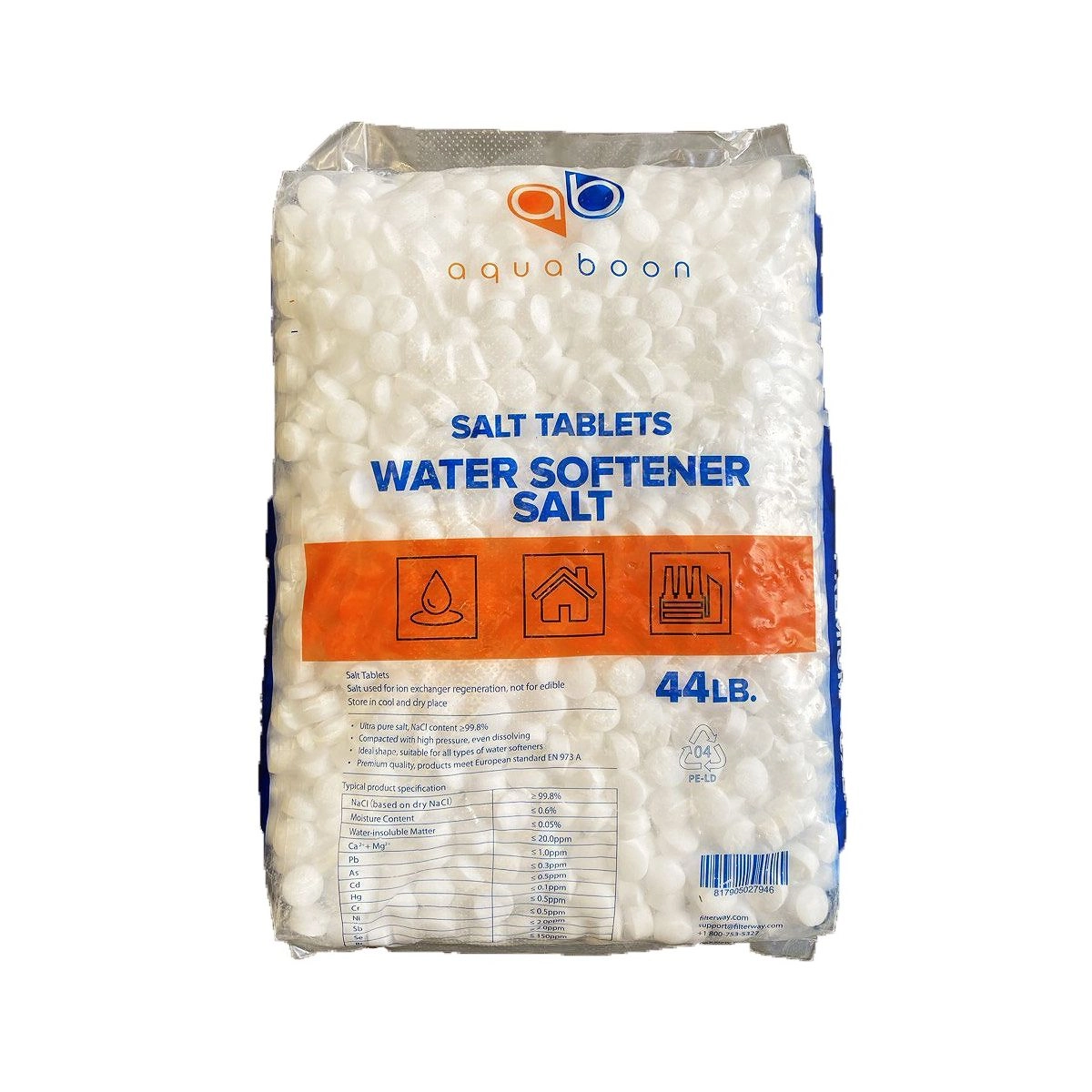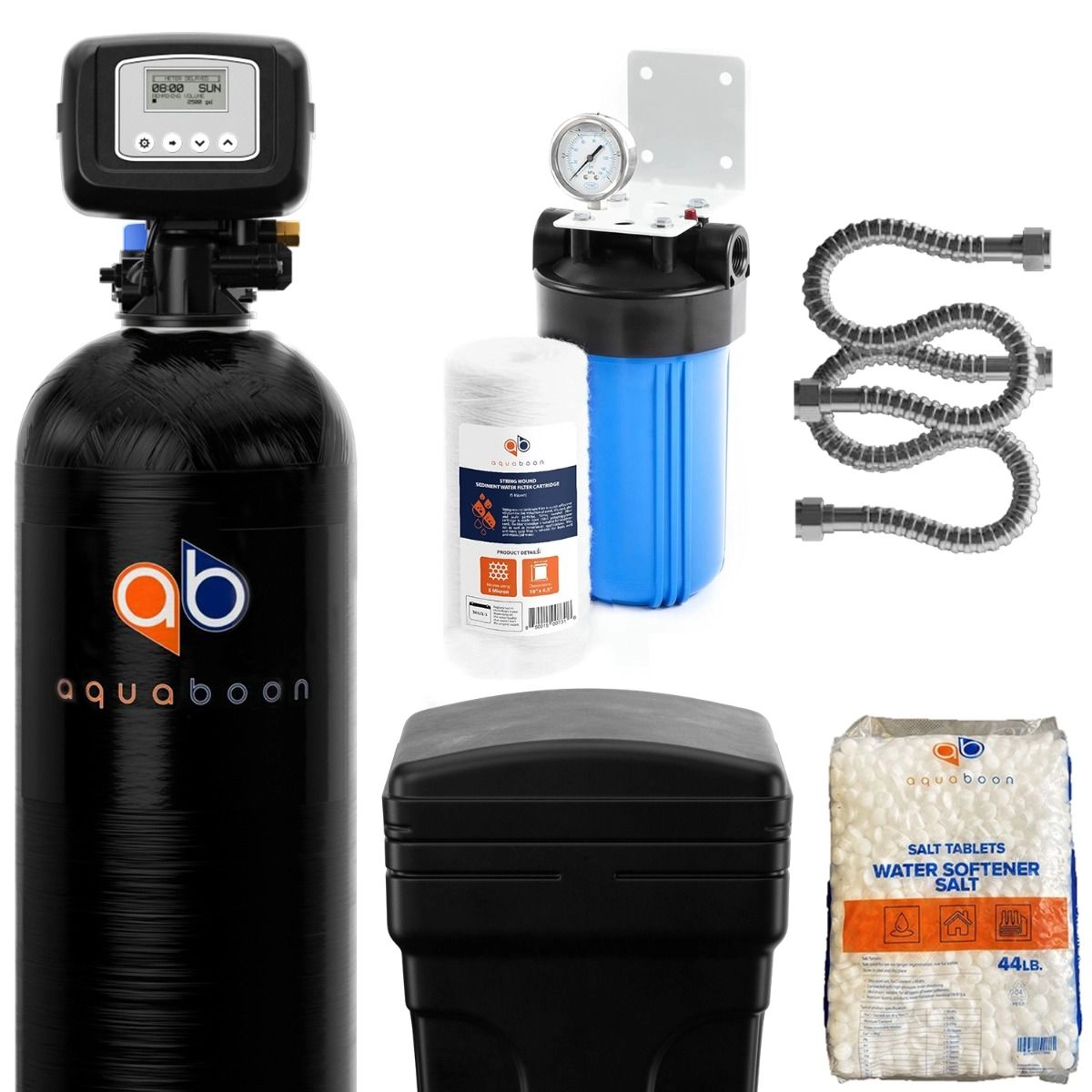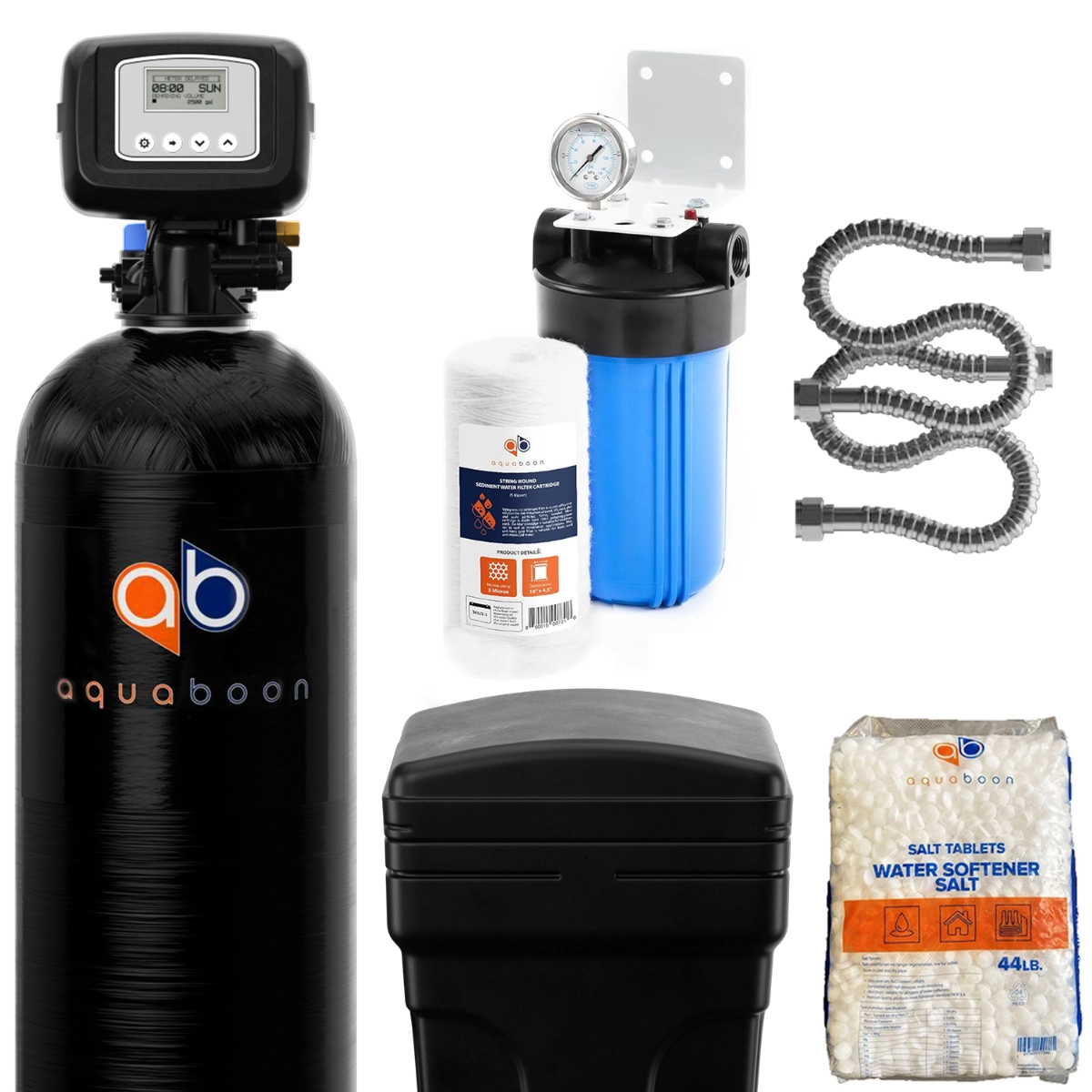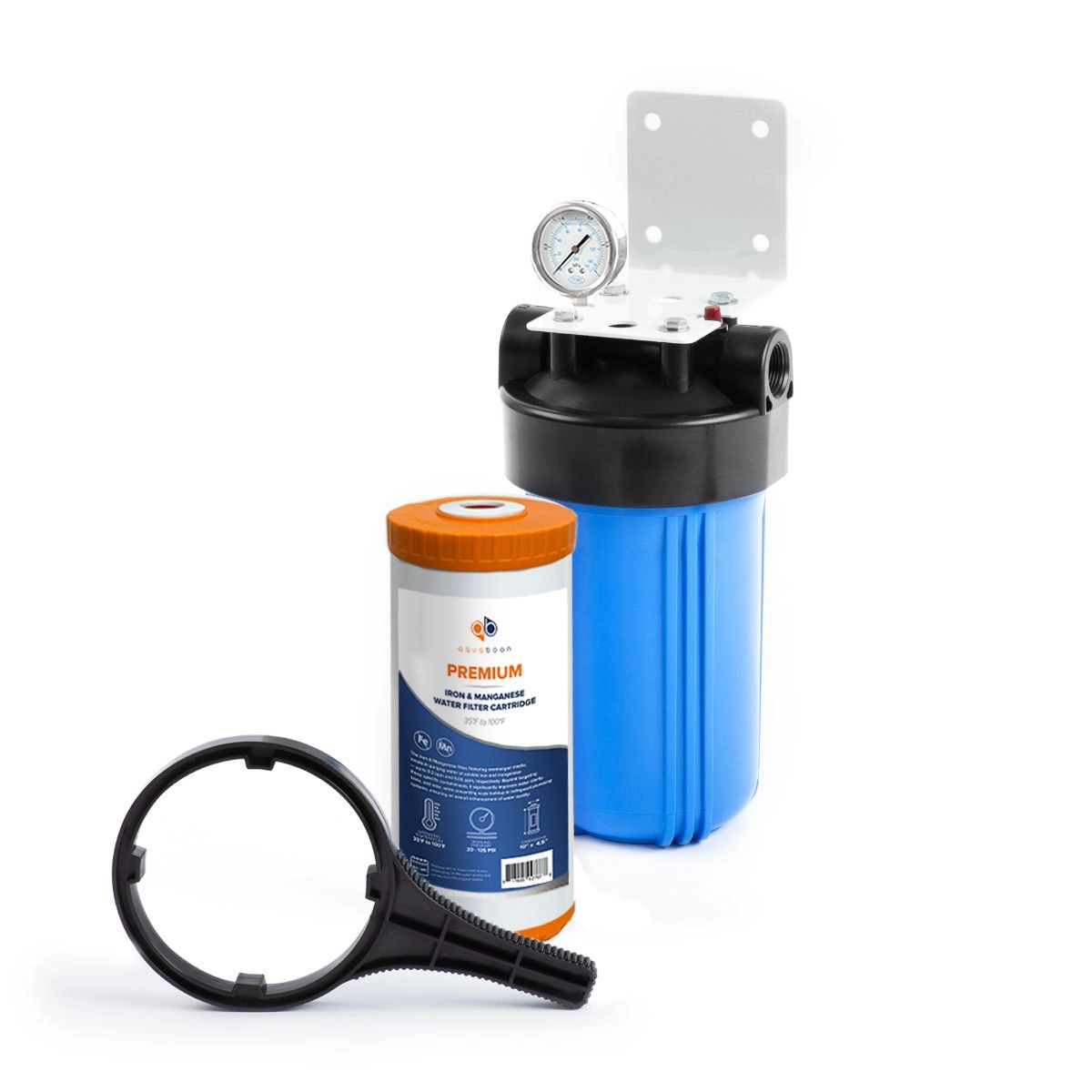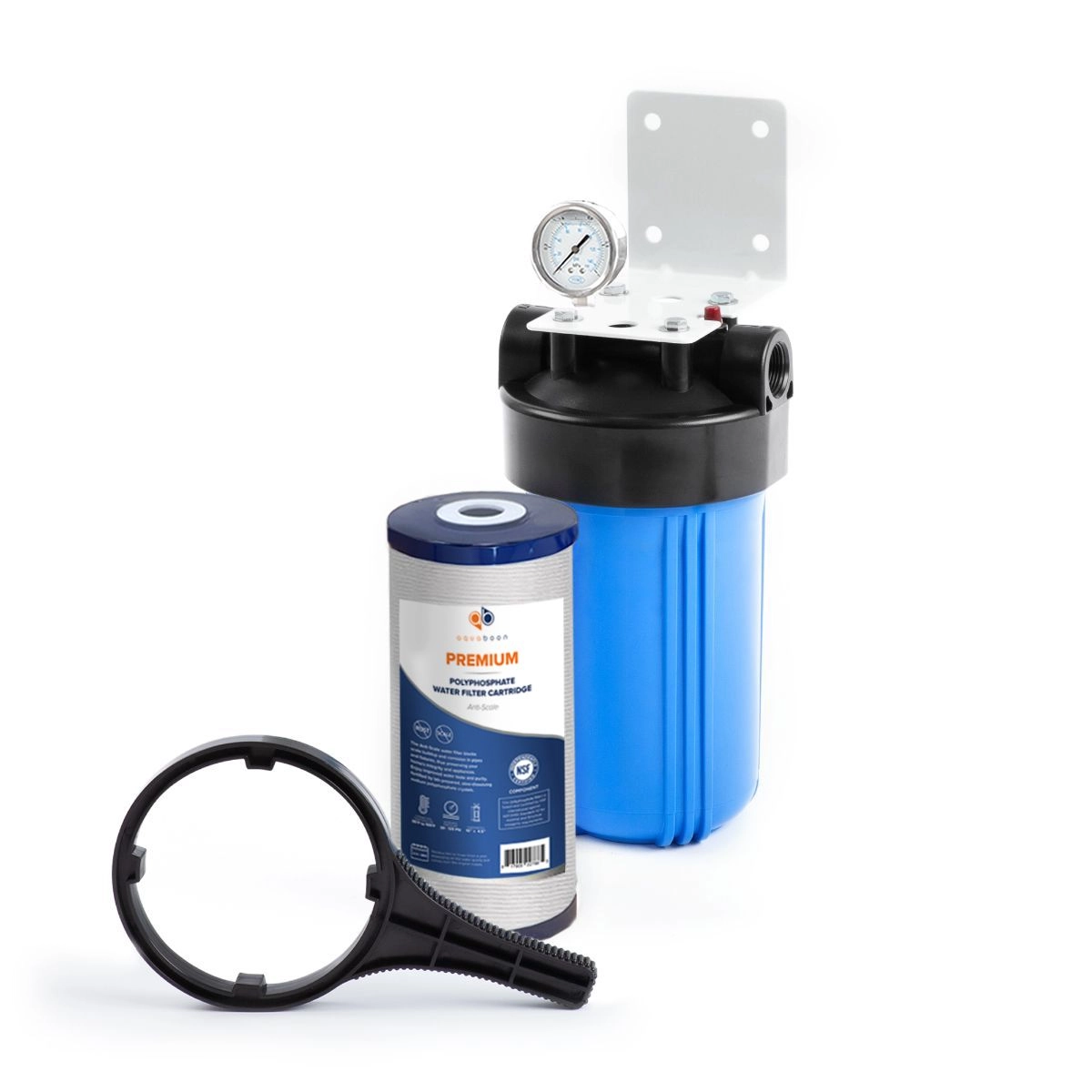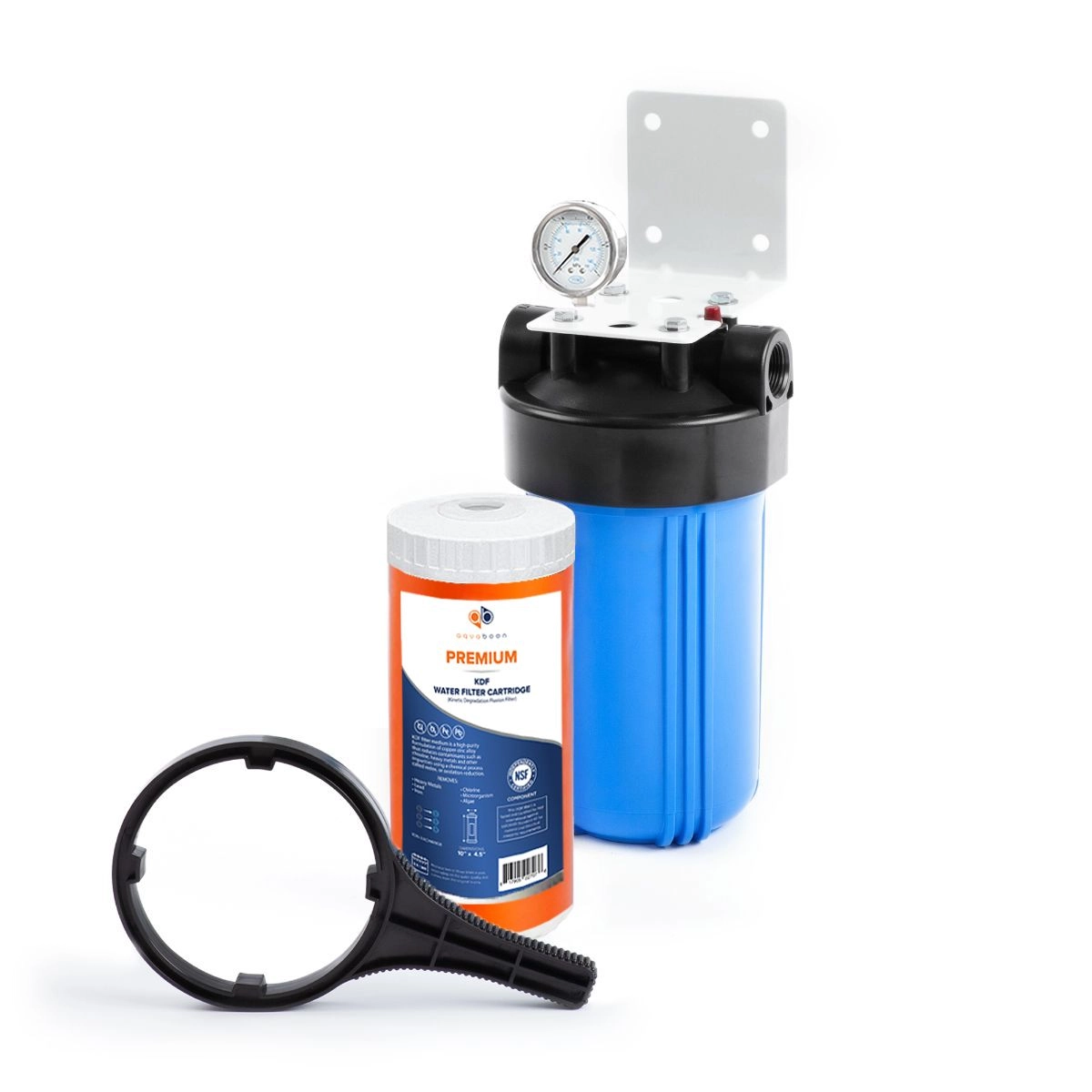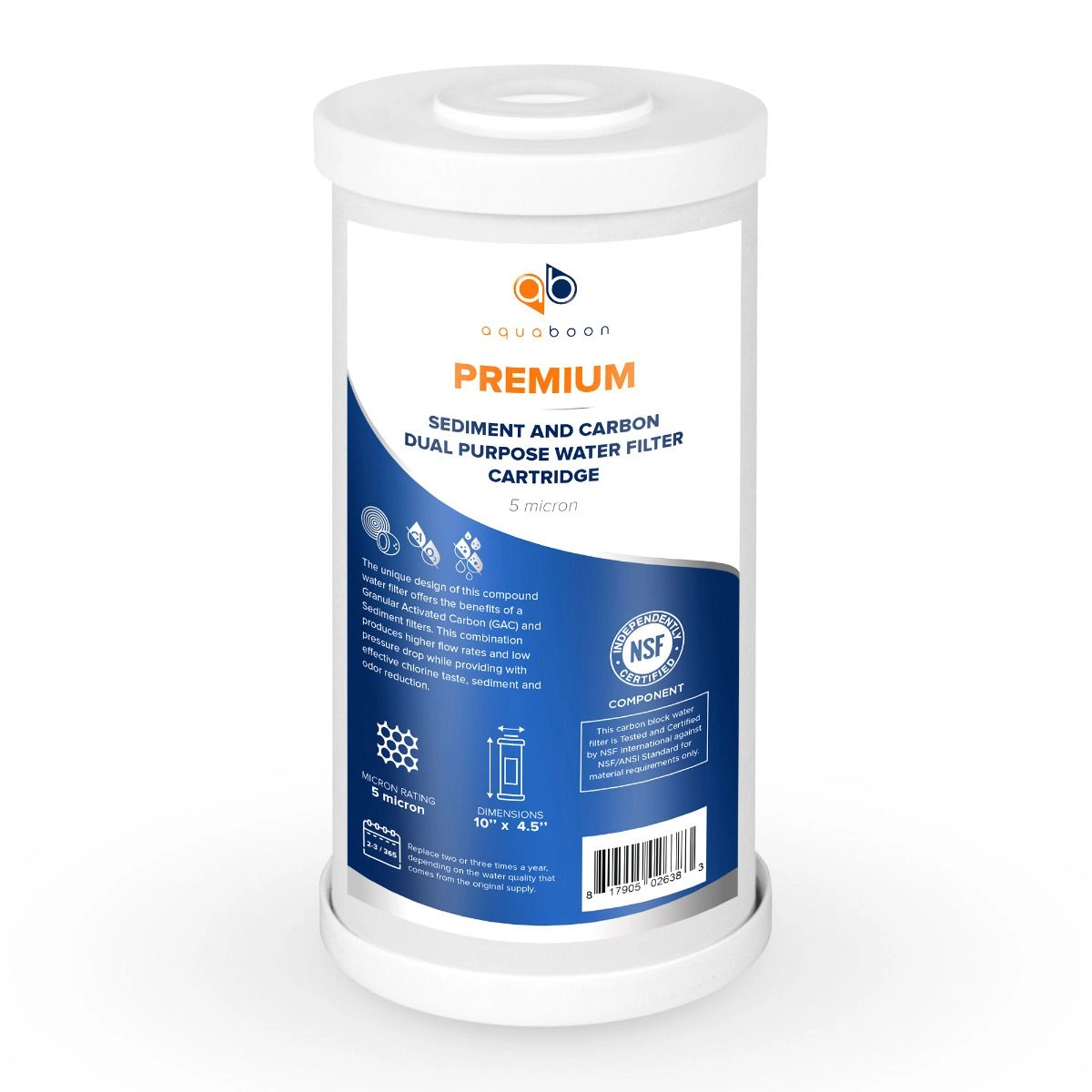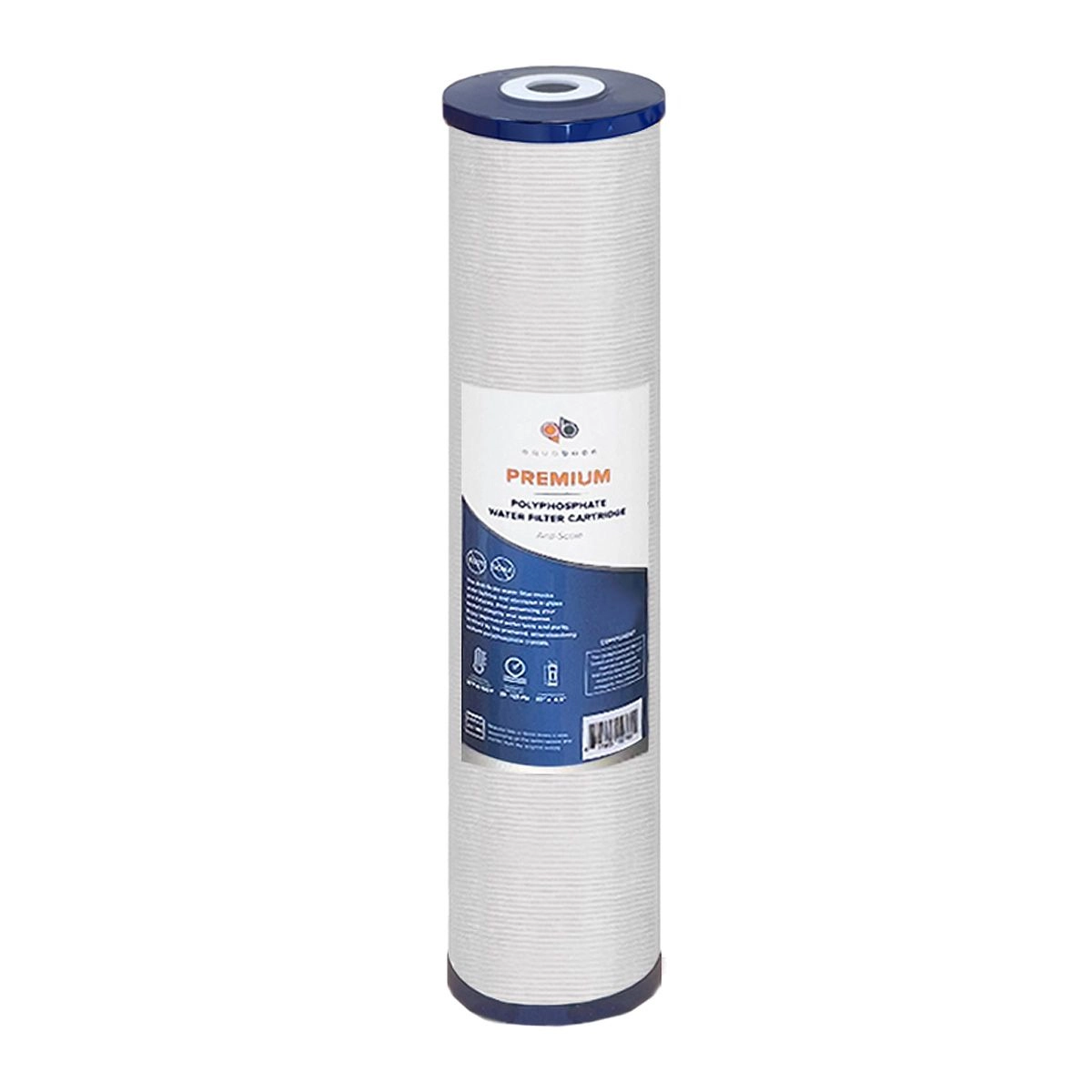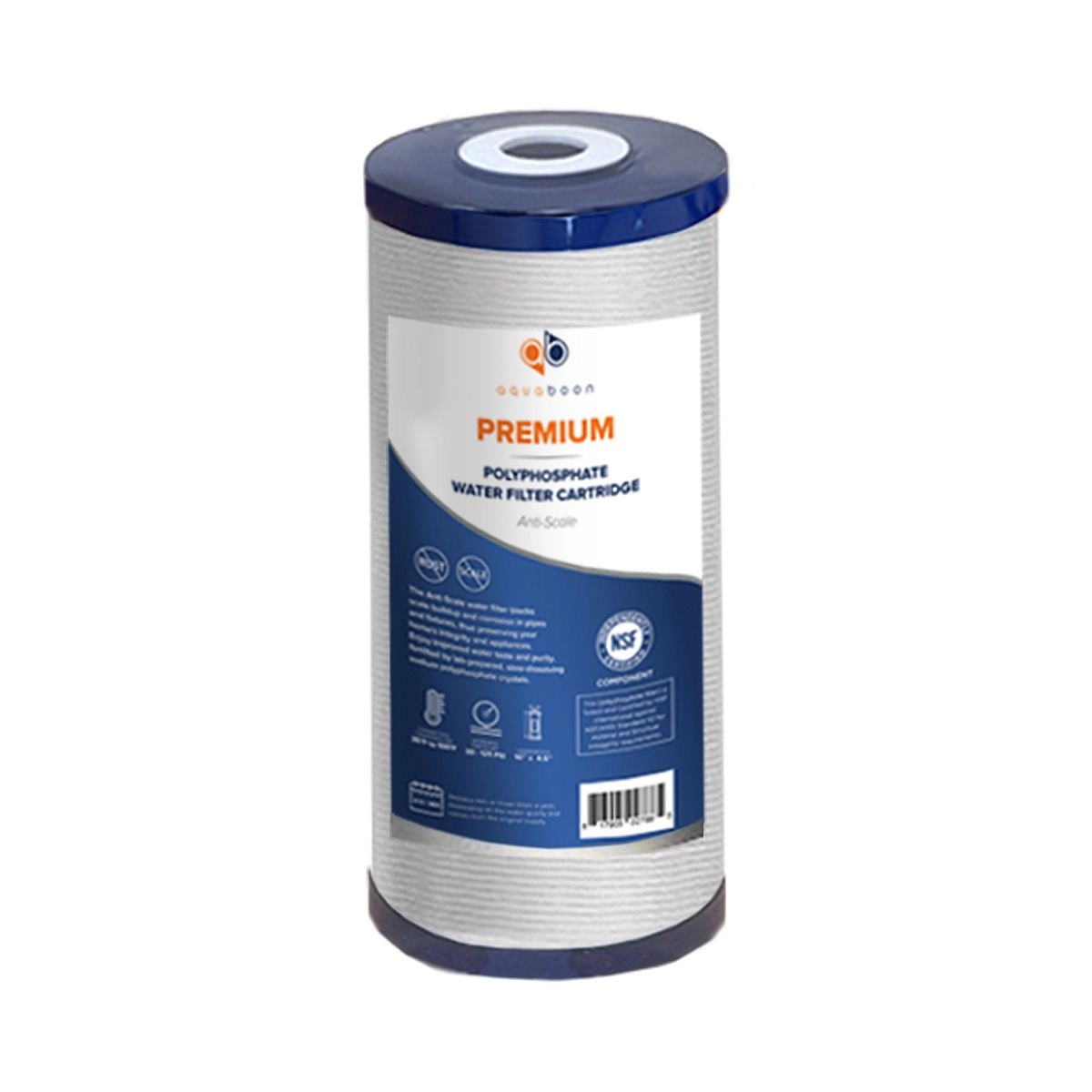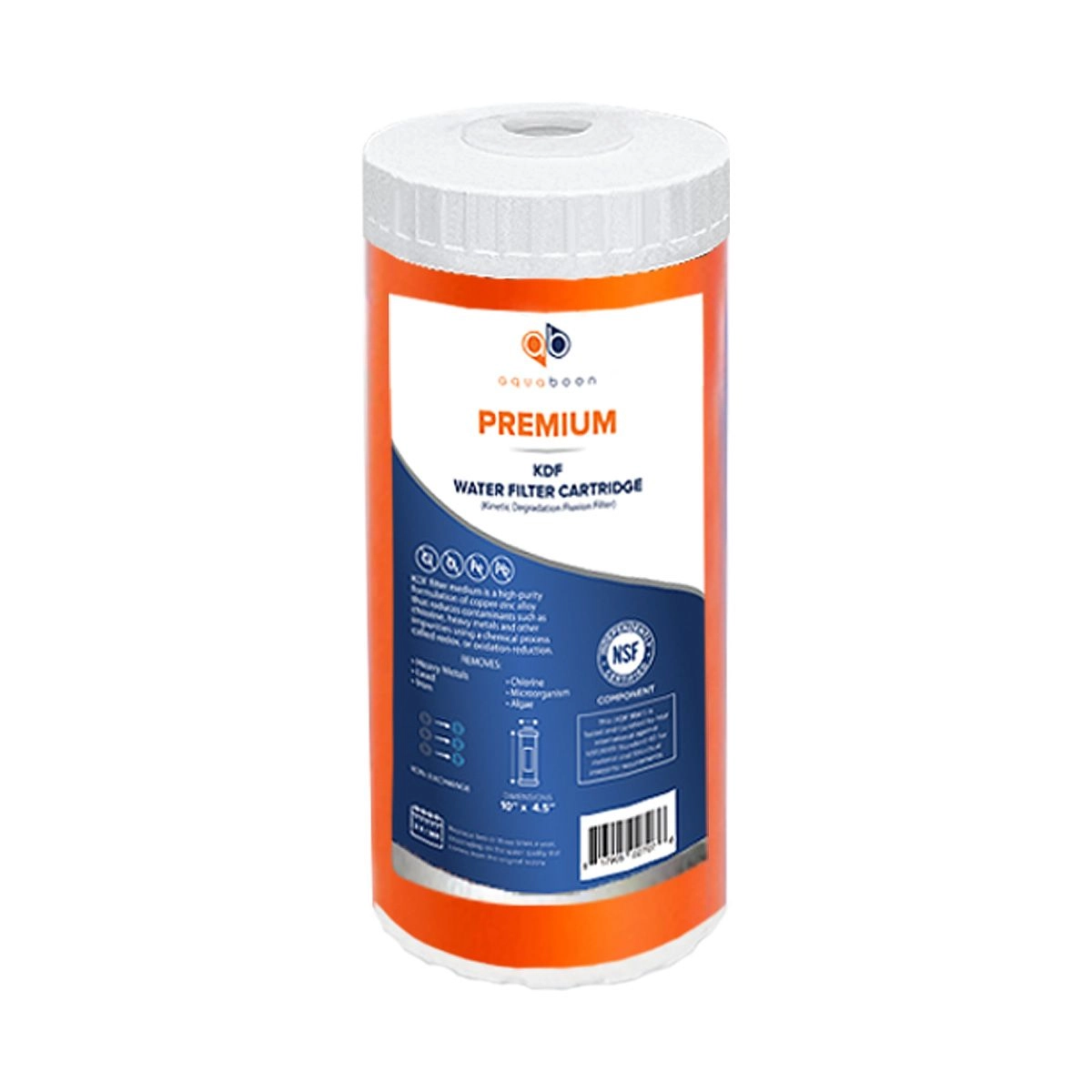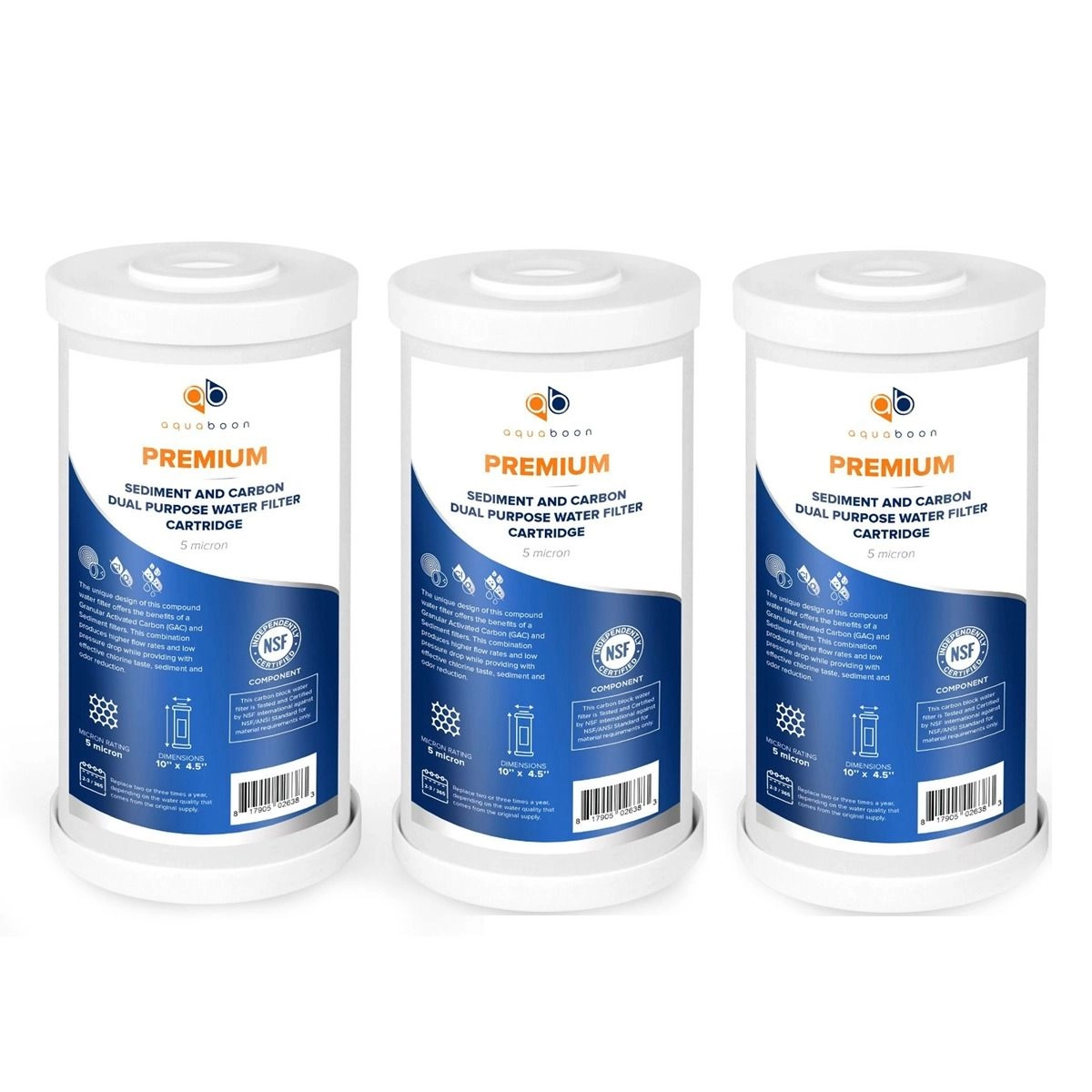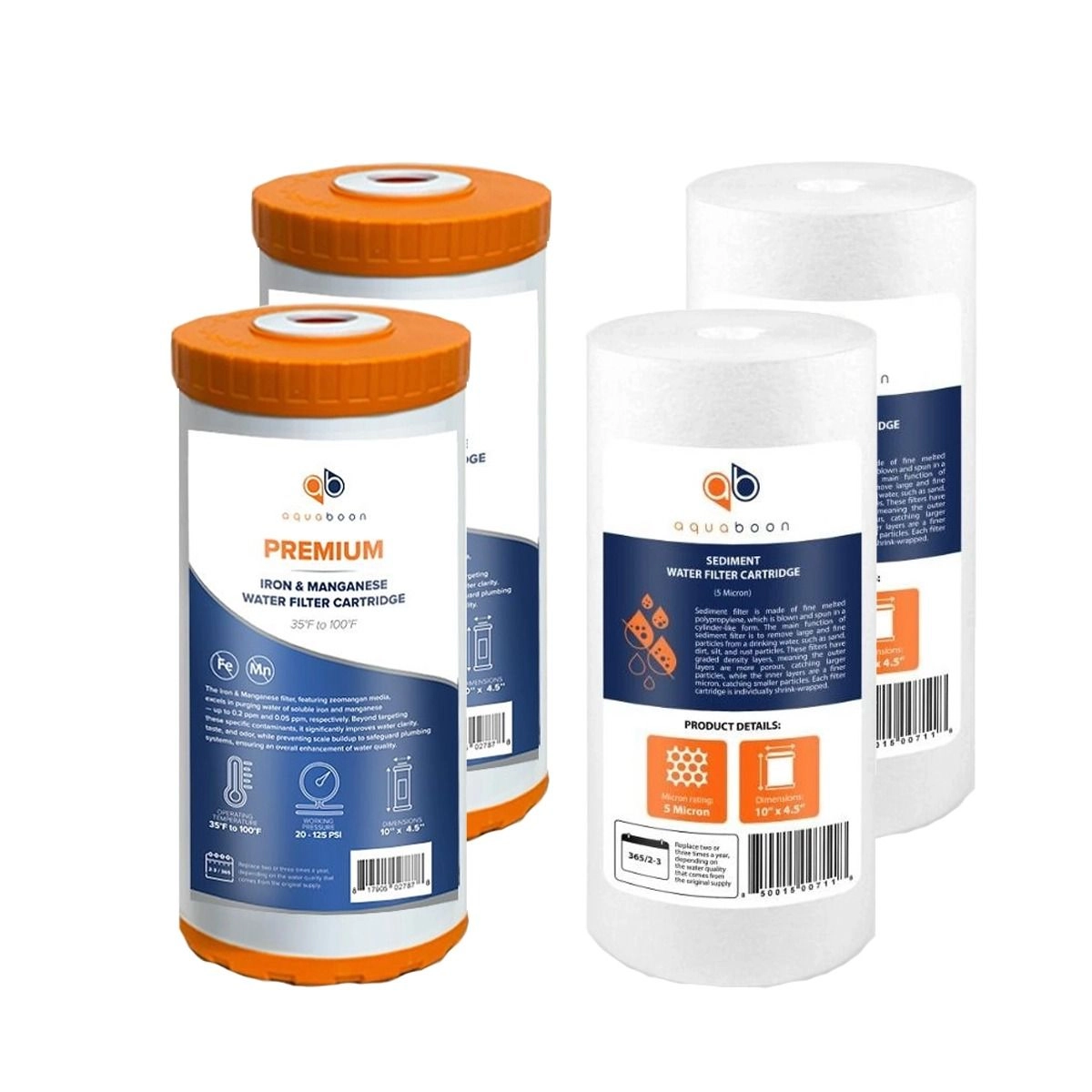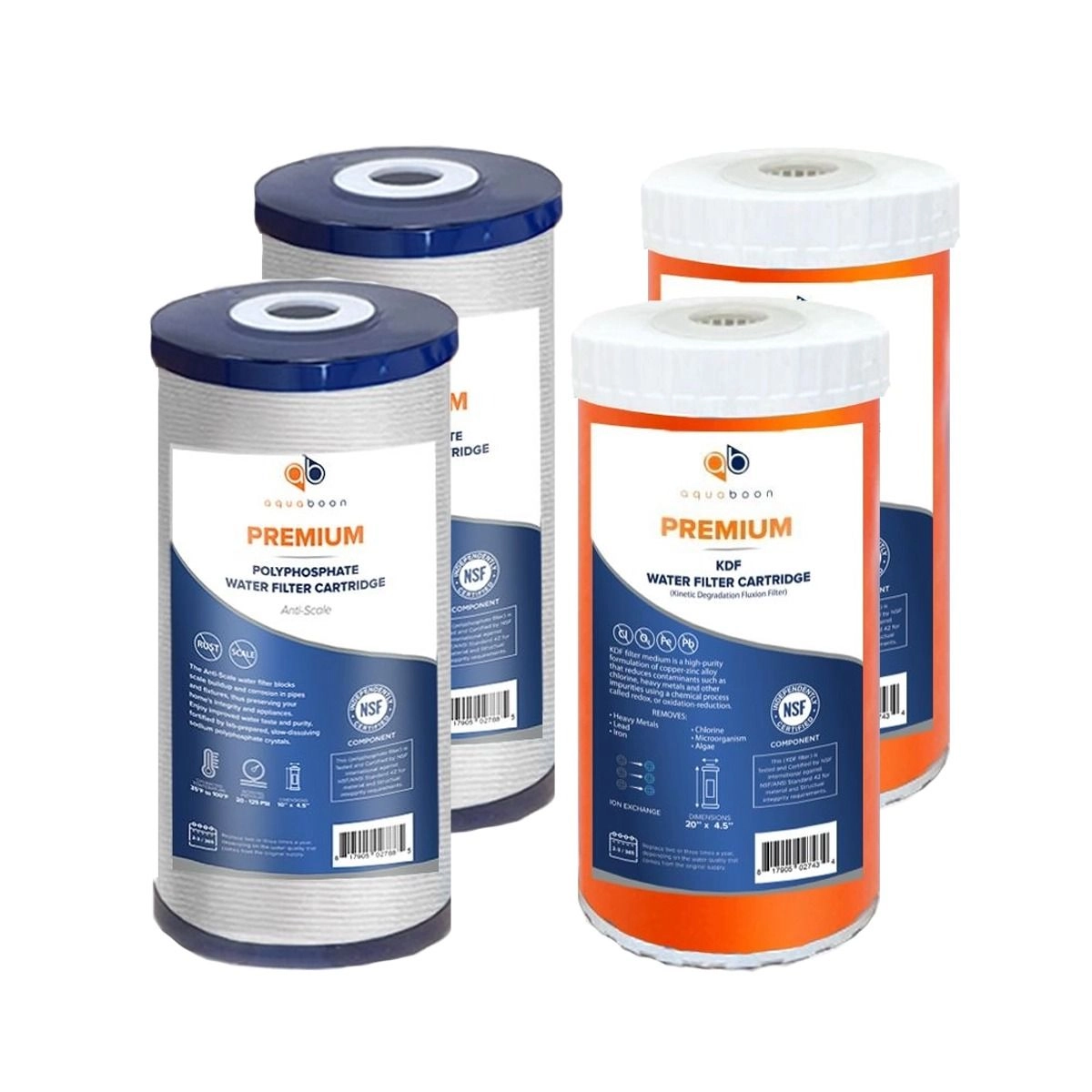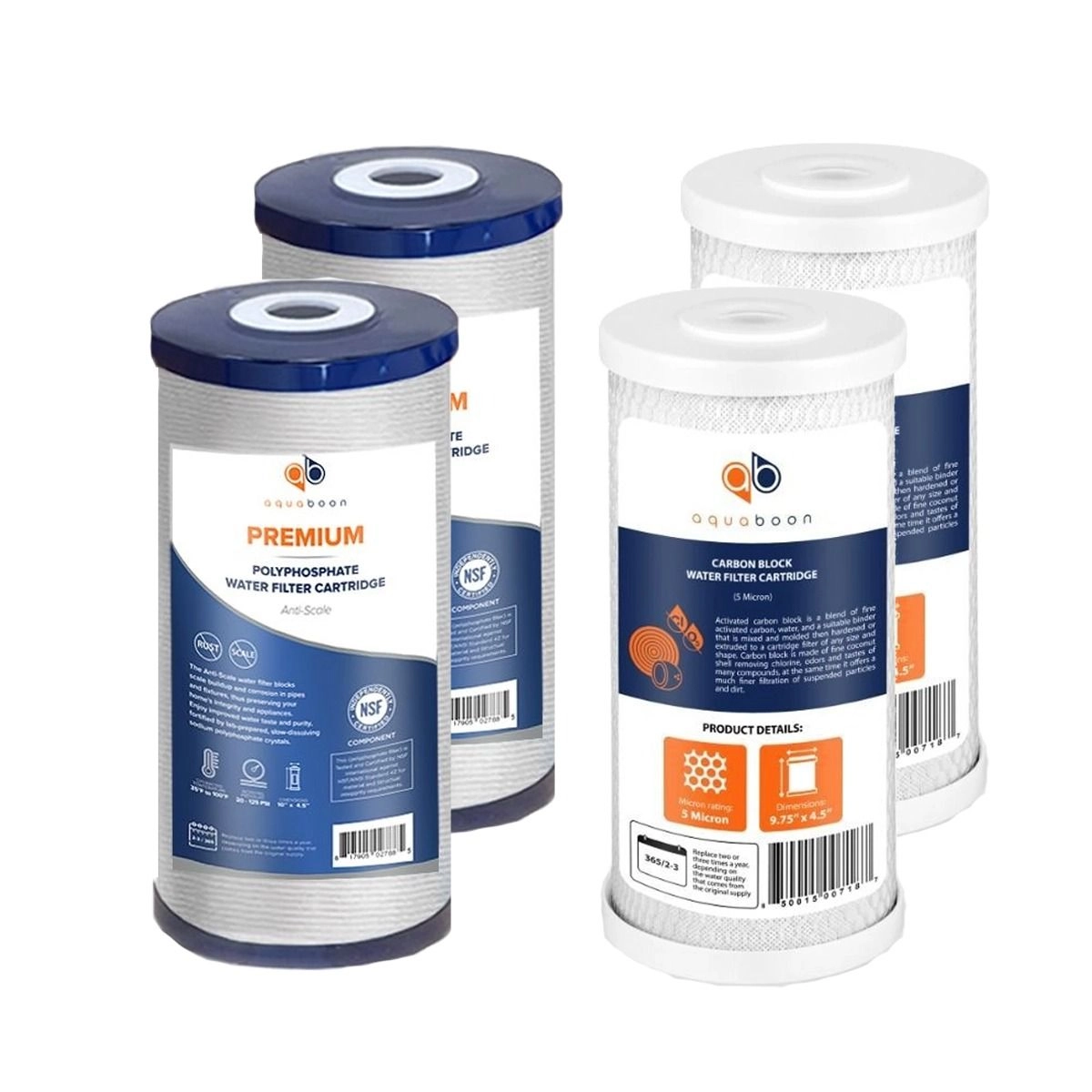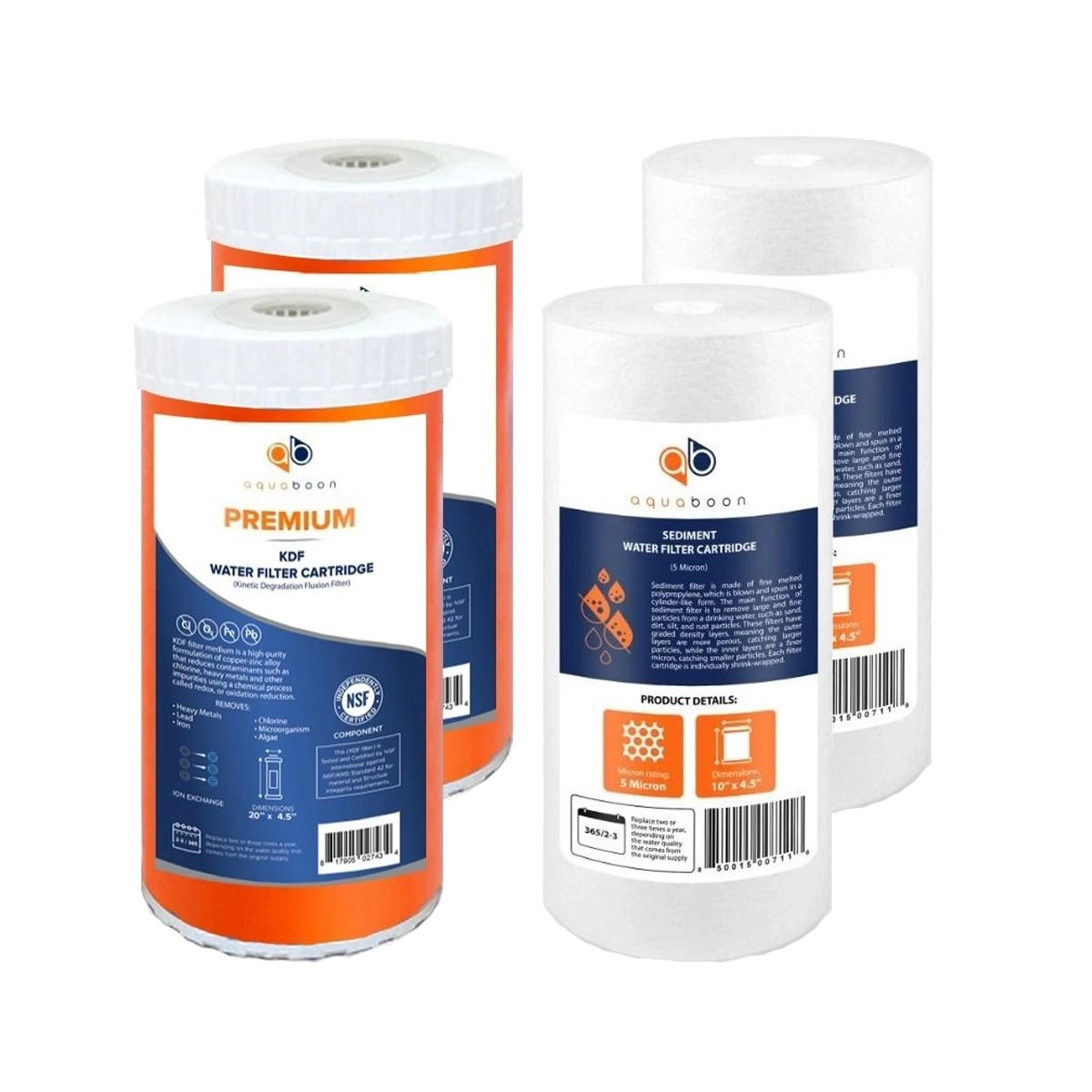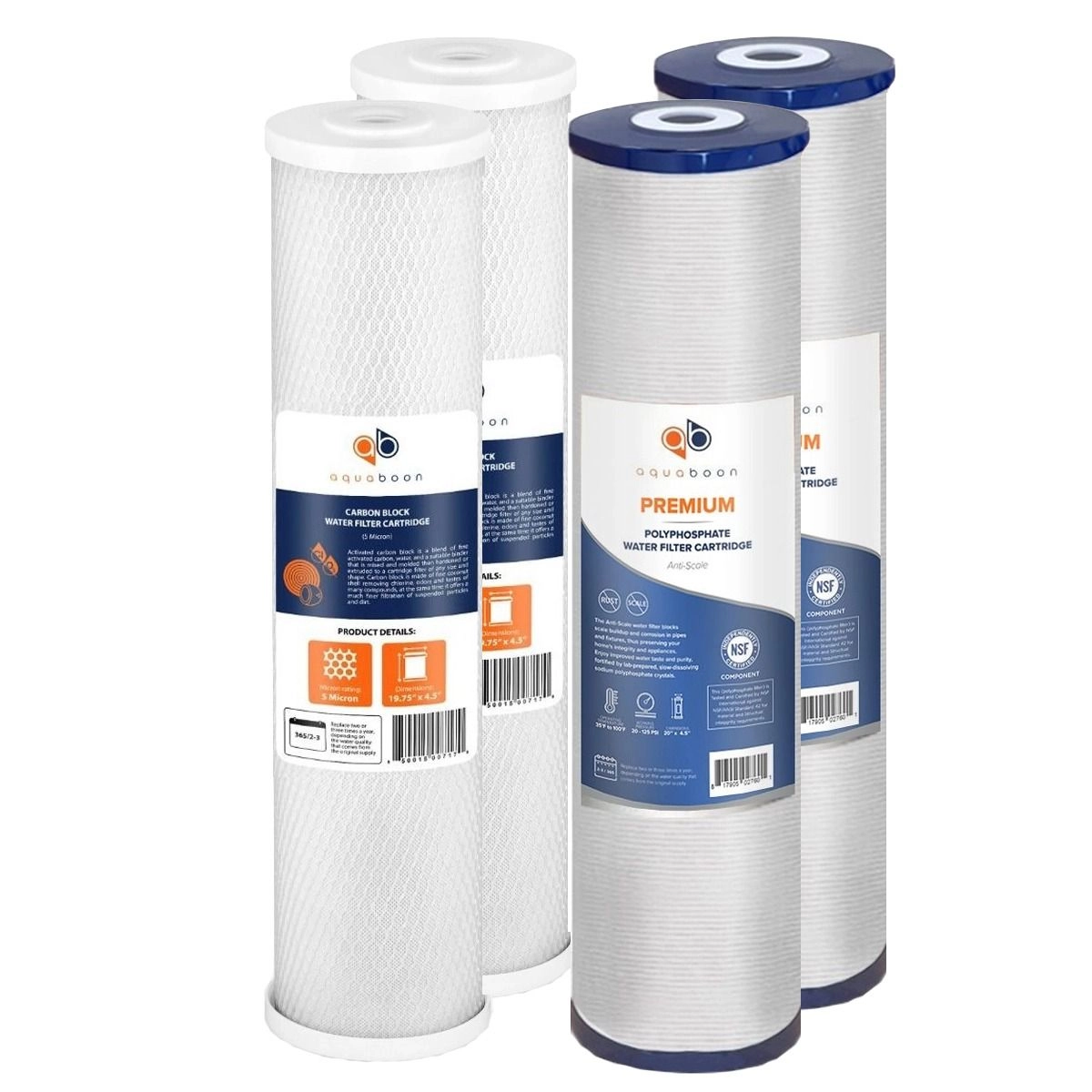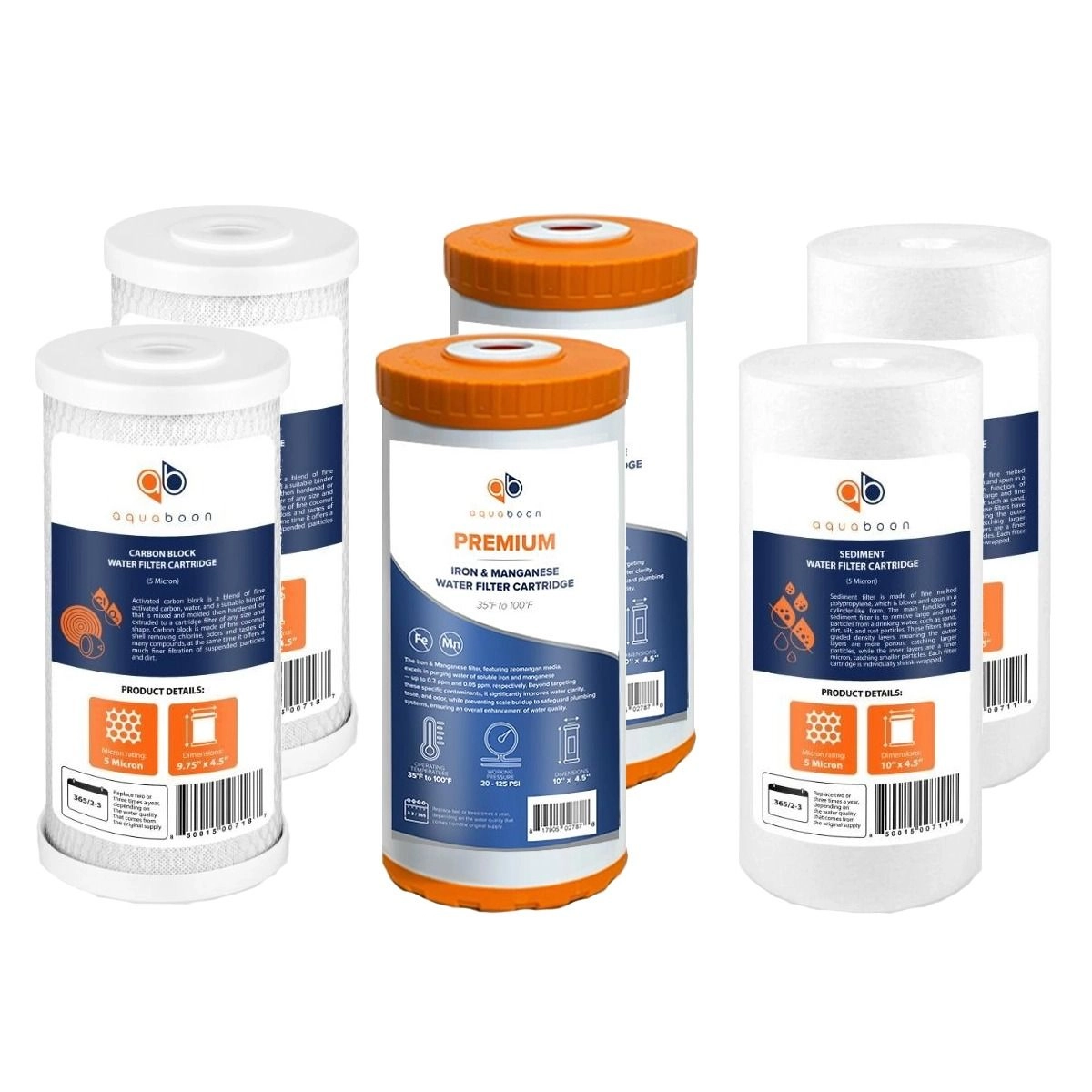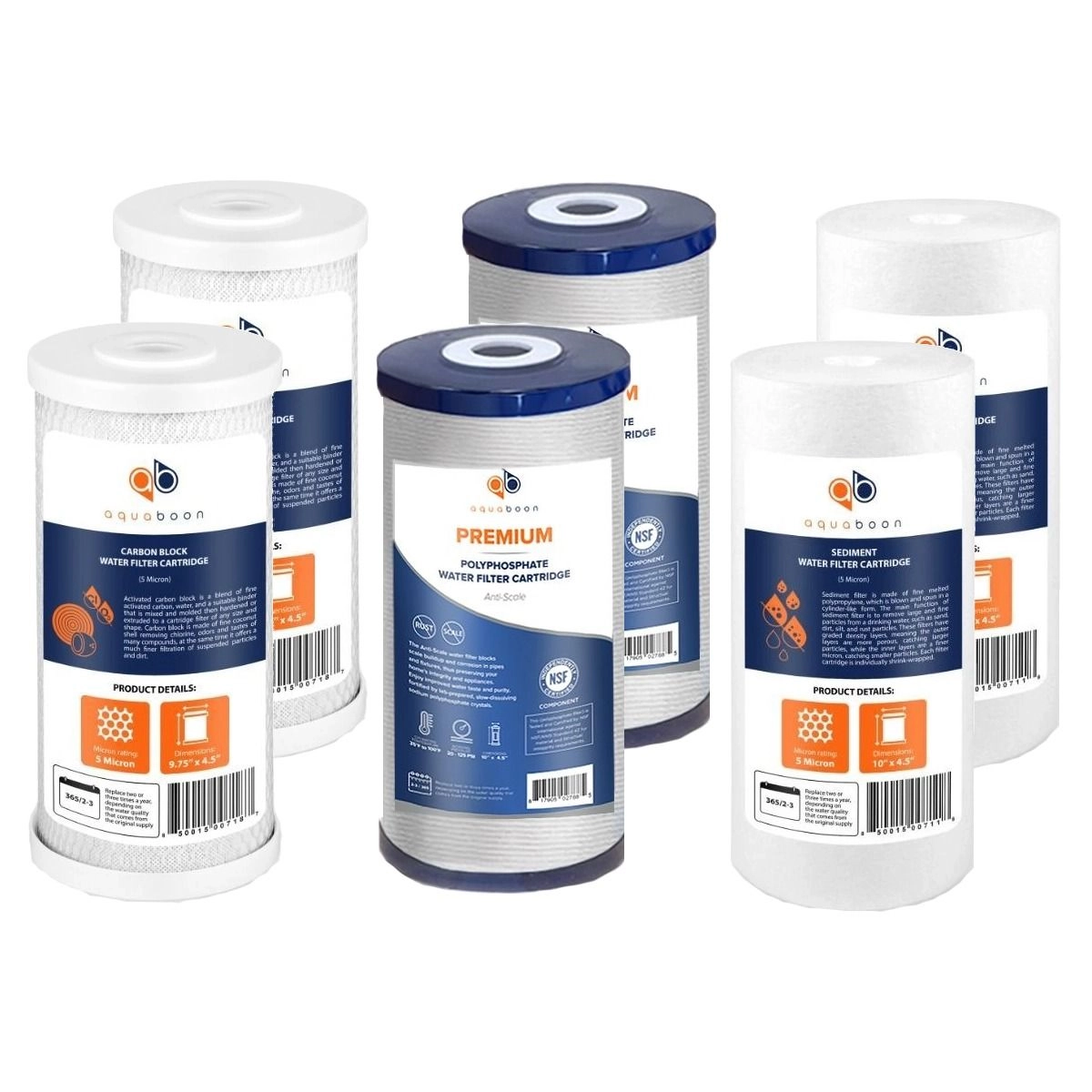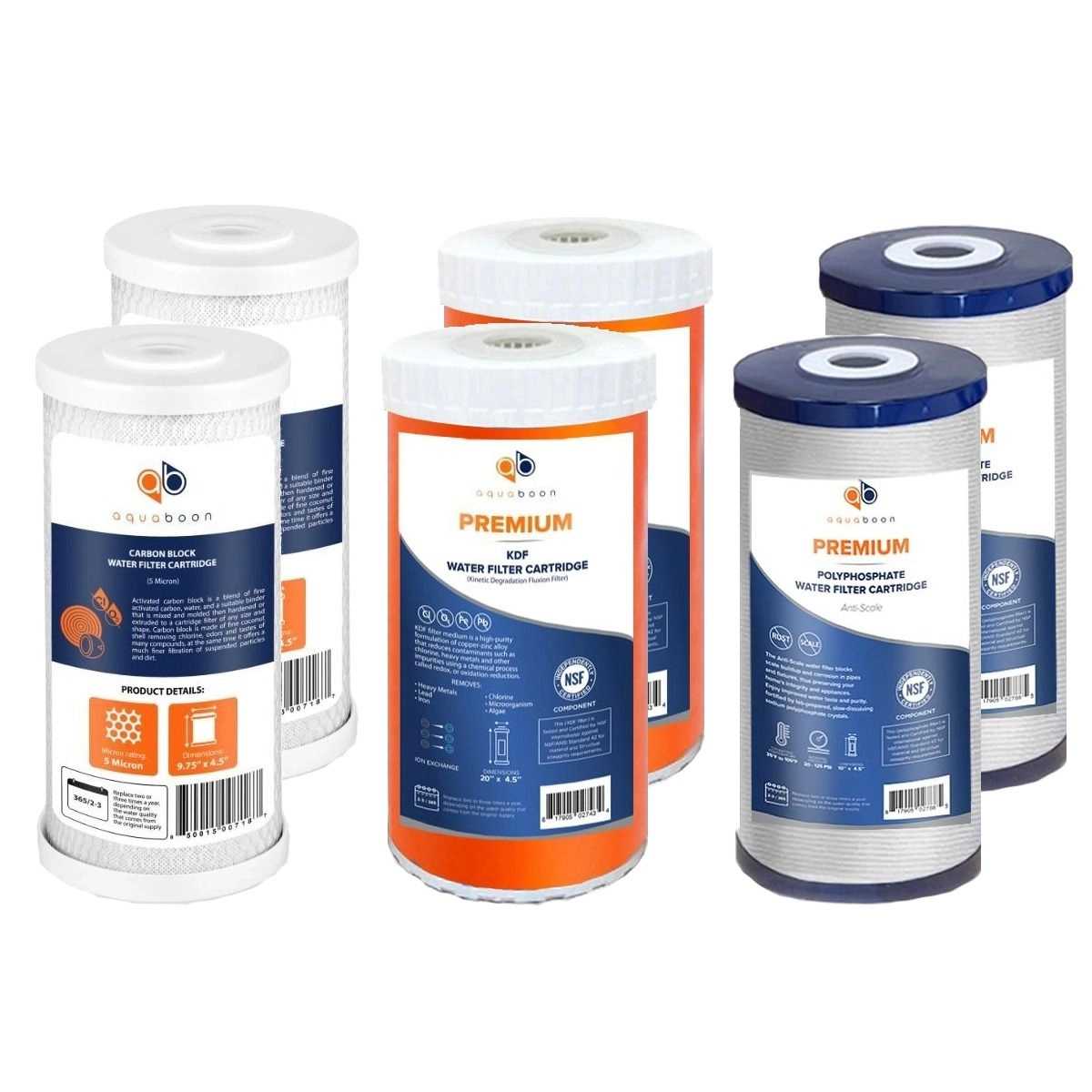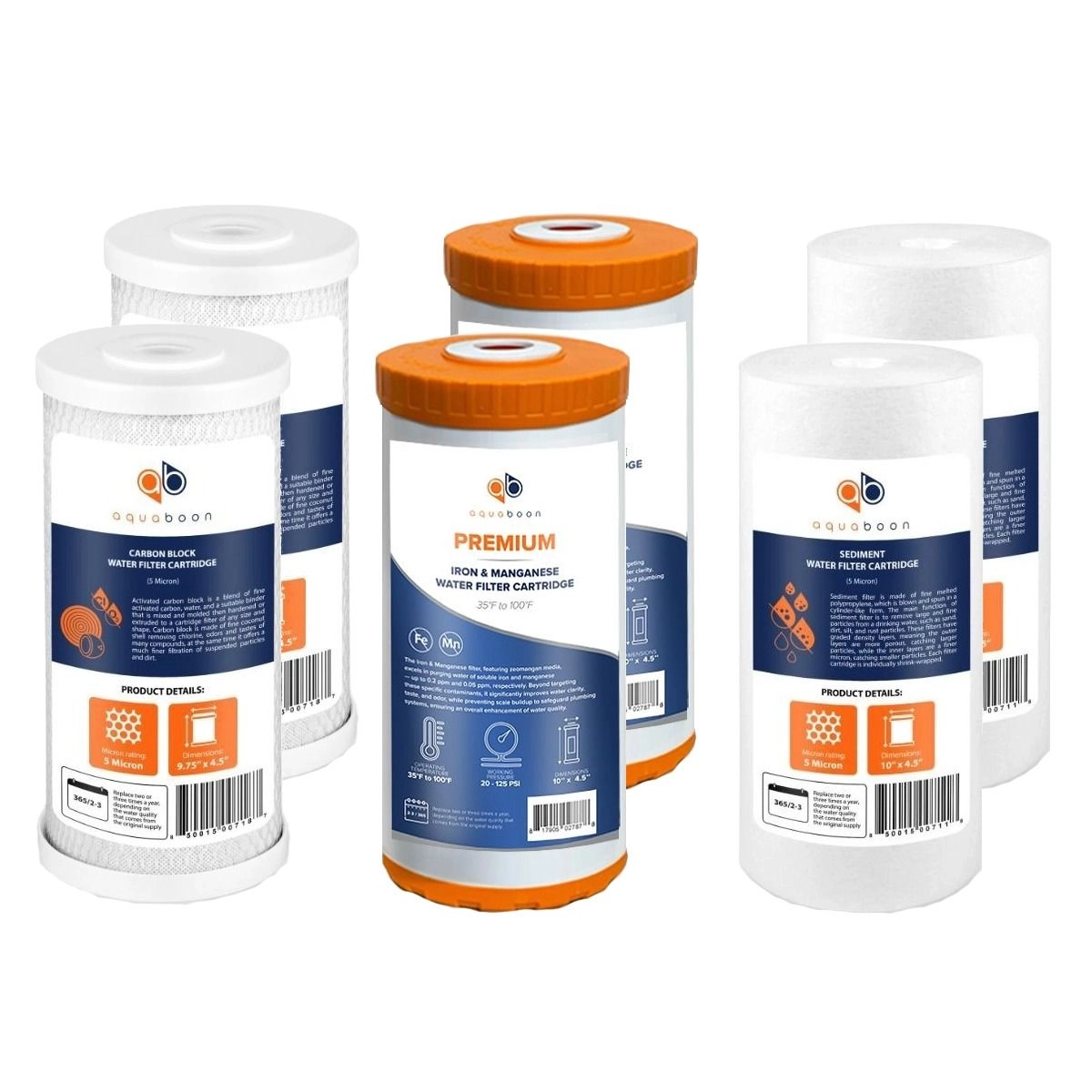What Is Alkaline Water - A Scientific Look at pH and Mineral Content
In recent years, alkaline water has become one of the most talked-about trends in the health and wellness world. From gym enthusiasts to nutrition experts, everyone seems to have an opinion on whether drinking alkaline water can make a real difference. But what does alkaline actually mean? And how does it relate to the water that flows from your tap every day? Understanding alkaline water starts with knowing the science behind pH levels, mineral content and how they affect the water you drink.
Understanding pH Levels in Water
Every type of water has a pH level, which is a measurement that tells us how acidic or alkaline the water is. The pH scale ranges from 0 to 14, with 7 being neutral. Values below 7 indicate acidity, while values above 7 represent alkalinity. For example, lemon juice has a pH of around 2, while a baking soda solution measures close to 9.
Pure water, in its natural form, should ideally have a neutral pH of 7. However, most tap water and bottled water vary between 6.5 and 8.5, depending on the local source, treatment process and mineral composition. Alkaline water typically falls within a pH range of 8 to 9.5, making it less acidic than regular drinking water.
When people discuss the benefits of alkaline water, they often refer to its higher pH level and its potential to balance the body's acidity. While that idea sounds appealing, it is important to look at how the body and water chemistry actually interact.
The Science Behind Alkalinity
Alkalinity in water is determined by the presence of alkaline minerals such as calcium, magnesium and potassium. These minerals act as natural buffers that can neutralize small amounts of acid in the water, maintaining a stable pH level.
For instance, groundwater that flows through limestone or mineral-rich rocks tends to collect higher levels of these minerals, which naturally increases its alkalinity. This type of water is often referred to as mineral or spring water.
In contrast, water purified through processes like reverse osmosis or distillation can become slightly more acidic. That happens because most minerals are removed during filtration, leaving the water very pure but with a pH slightly below 7. This is why some manufacturers remineralize purified water after filtration to restore a balanced mineral profile and taste.
Mineral Content - The Real Difference
The concept of alkaline water is closely tied to its mineral content. Calcium and magnesium, for example, are not only essential for maintaining water’s alkalinity but also beneficial for overall health. These minerals support bone strength, muscle function and hydration. Potassium, another important component, helps regulate blood pressure and fluid balance.
However, the actual contribution of these minerals from drinking water is relatively small compared to what you get from a balanced diet. That means while mineral-rich water can complement your intake, it should not be considered the main source of nutrients.
Still, the presence of these minerals influences both the taste and texture of the water. Many people describe alkaline water as smoother or less metallic compared to regular tap water, which can taste slightly harsh when high in chlorine or low in minerals.
Alkaline Water vs Regular Water
When comparing alkaline water to regular water, the most significant difference lies in pH and mineral content. Regular water from municipal supplies is safe and regulated, but it can sometimes contain trace contaminants, chlorine, or sediments that affect taste. Alkaline water, whether naturally occurring or artificially adjusted, generally has a higher pH and a cleaner, more refreshing flavor profile.
From a hydration perspective, both types of water provide the same level of moisture to the body. Your body absorbs and utilizes water based on need, not on pH level. The main distinction comes down to personal preference, taste and potential comfort for individuals sensitive to acidic beverages.
Does Alkaline Water Affect Body pH?
One of the most common claims about alkaline water is that it can change the body’s overall pH or make it less acidic. Scientifically, the body tightly regulates internal pH levels, especially in the blood, through natural buffering systems. The stomach, for example, produces hydrochloric acid with a pH of 1.5 to 3.5 to digest food efficiently. Drinking water with a slightly higher pH does not significantly alter this process.
What alkaline water can do, however, is help neutralize mild acidity in the mouth, throat, or stomach after eating certain foods or beverages. Some studies also suggest it may have antioxidant properties, but these findings are limited and often depend on the specific source and composition of the water tested.
How Alkaline Water Is Made
There are two main ways alkaline water is produced - natural mineralization and artificial ionization.
Natural alkaline water forms when water passes through mineral-rich rocks like limestone, absorbing calcium, magnesium and potassium. This process increases both the mineral content and pH level.
Artificial alkaline water, on the other hand, is typically created using water ionizers or chemical additives that increase pH without necessarily adding beneficial minerals. While these methods can raise pH, they do not replicate the natural balance of minerals found in spring water.
That’s why the most trusted approach for consistent and safe drinking water is still high-quality filtration. By removing chlorine, sediments, heavy metals and contaminants, you ensure the water’s purity before considering any additional treatment like remineralization.






